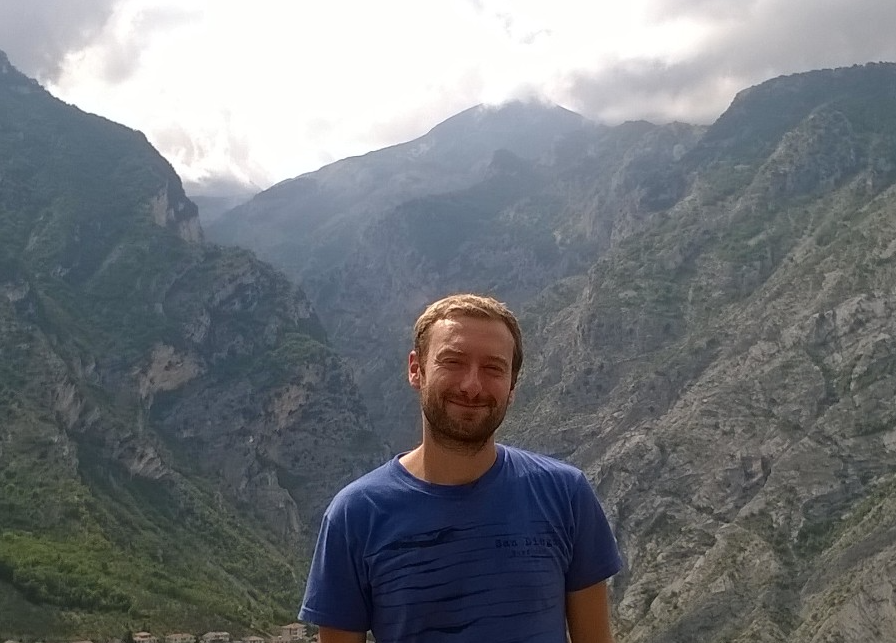 ABOUT YOU
ABOUT YOU
When did you first find out that you wanted to be scientist?
Since I was a child I had a passion for understanding how things work so that the most frequent question I used to ask to my parents was “how does it work?”. That passion never diminished and later on throughout my entire education I aimed to become a scientist and discover as much as I could about the world around us.
Tell us something about your background and main research interests
I started as a nuclear physicist but soon found out that I could not have enough hands-on experience. So I moved to materials science first and finally to biophysics that currently allows me to combine two of my greatest passions: studying the nature around me while investigation the physical mechanisms underlying life by performing quantitative experiments.
In plain words…what is the principal aim of your current investigation?
I am particularly fascinated by the way microbial organisms are able to adapt to their environment hence this is the main focus of my research. Specifically, within microbial population with the same genetic make up, some cells are able to survive changes in the environment much better than their clonal kin. The aim of my investigation is to discover which mechanisms these “special” cells use to better survive to exposure to antibiotic drugs or viral infection or nutrient limitation.
What do you like doing in your free time?
I like going for long walks with my wife especially on sea- or riversides, particularly in those rare sunny days in the UK, trying to catch a glimpse of a wild animal or a bird. I like music, from a classic opera to a rock concert, reading novels and science fiction books. I like running or playing football again weather permitting.
Which is the best advice you have ever received in science?
ABOUT THE PROJECT
In non scientific words… What is your role in SINGEK project?
I am the supervisor of the project ESR12 and together with Jari Iannucci, the PhD student that I supervise, we will develop novel technologies for the study of single algae interacting with their environment. We will do this in collaboration with the ESR 1, 4, 9 and 11 teams.
How do you think your work in SINGEK will contribute to the research field of Single Cell Genomics of microbial eukaryotes?
Our work will add an extra dimension to the research field of single cell genomics that is the capability to manipulate single cells before sorting and sequencing cells. Together with the efforts produced by the other partners in SINGEK this will allow revolutionizing the field of single-cell genomics.
In plain words…how do you think SINGEK will contribute to better understand the living world?
The scientific approach we are developing in SINGEK as a network of people and institutions is likely to inform on some of the vast majority of microbes about which we do not know anything yet. This will profoundly change our understanding on the environment and the competitions and synergies in the living world that populates it.
How do you recommend people to follow your research activity?
 ABOUT YOU
ABOUT YOU
